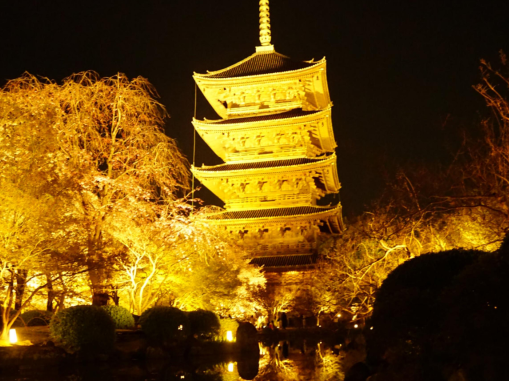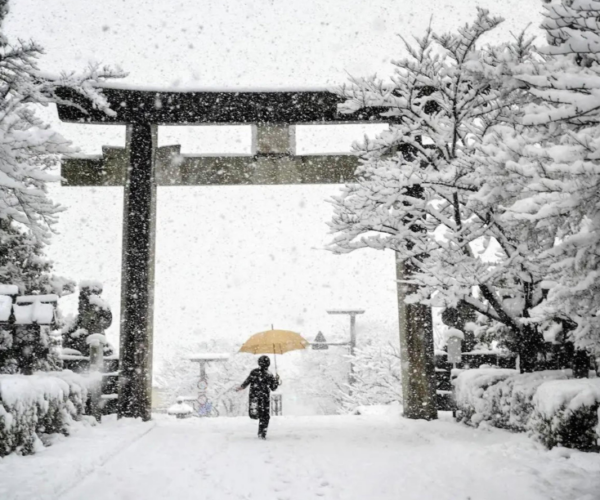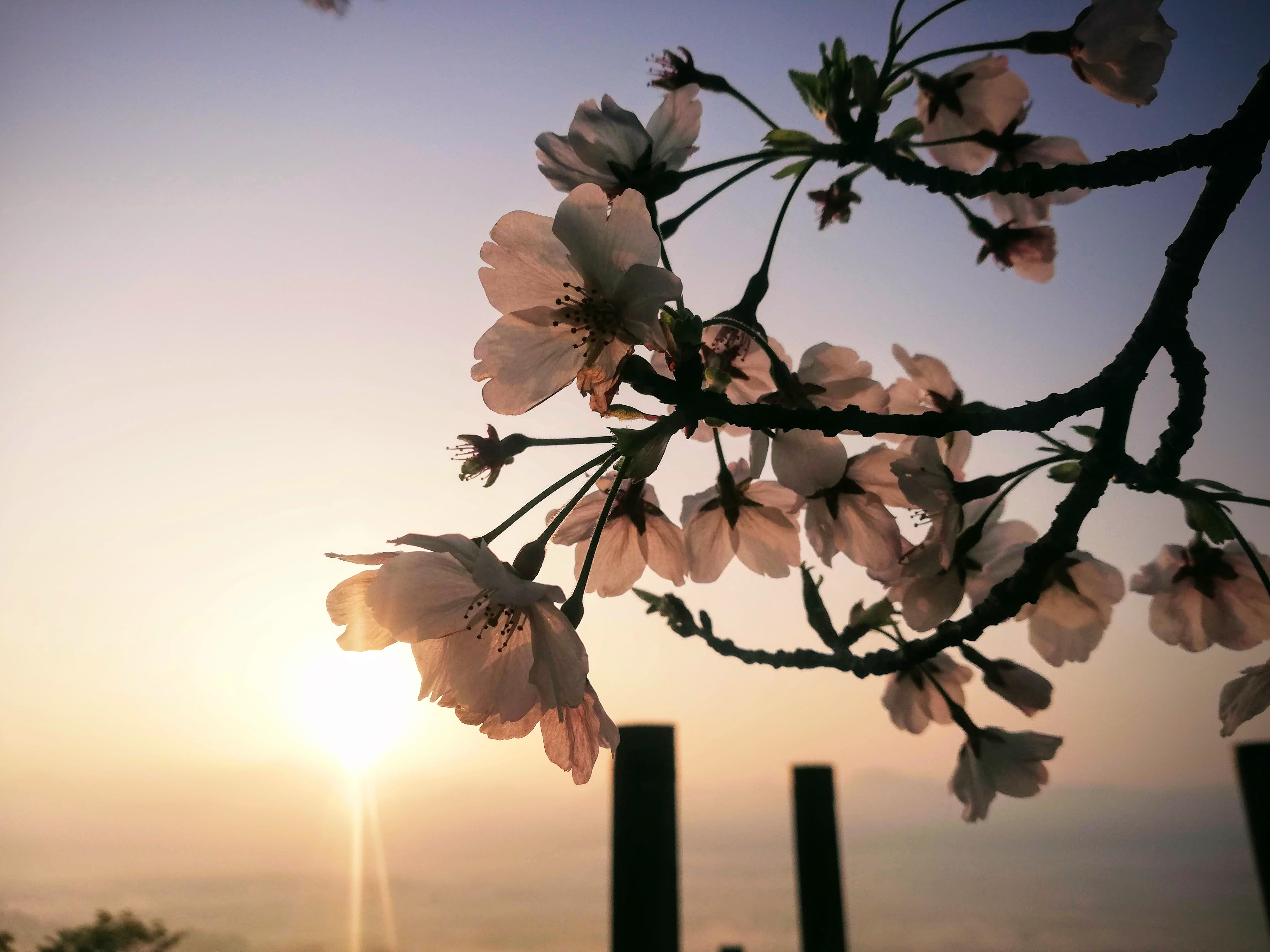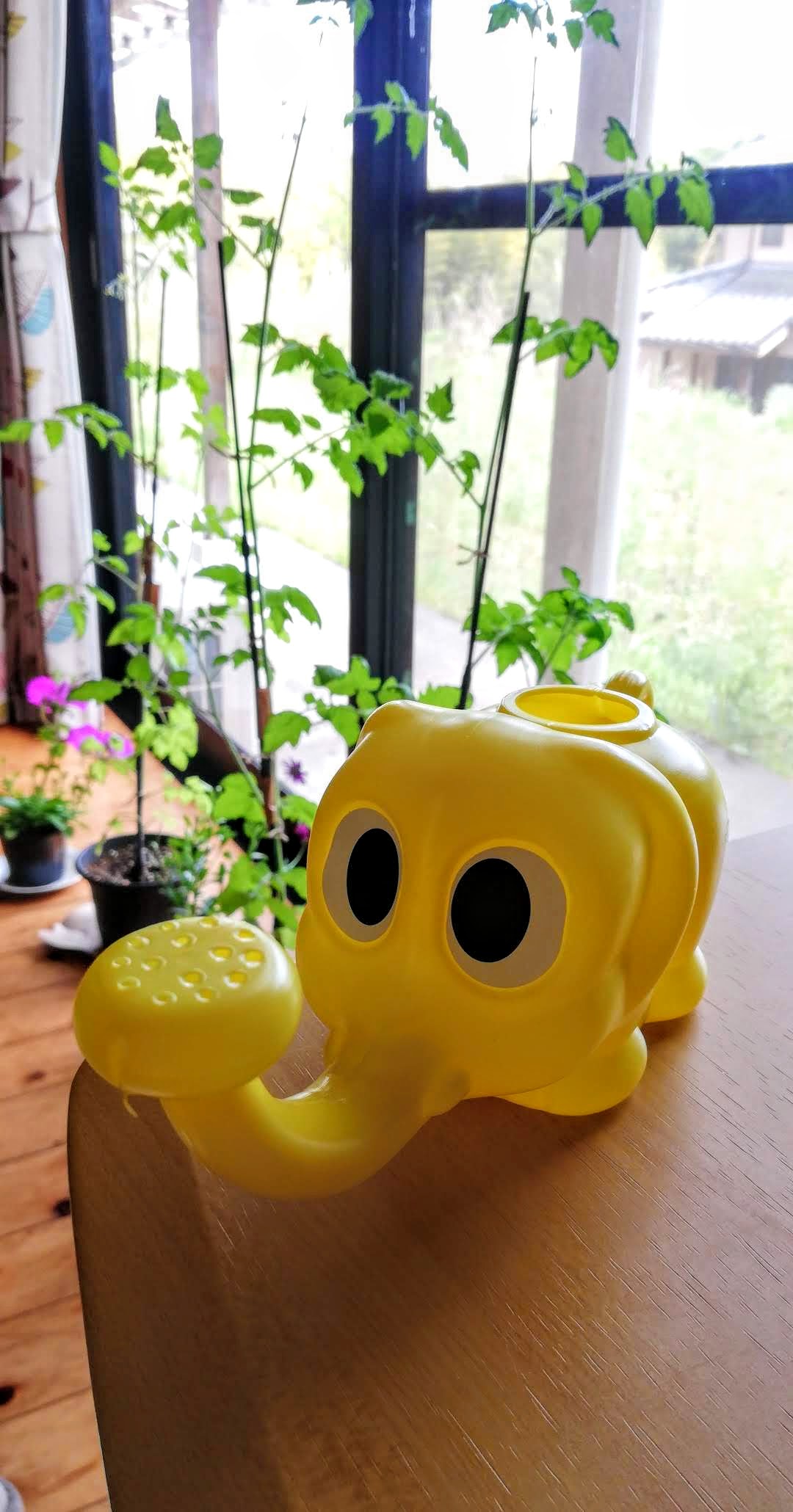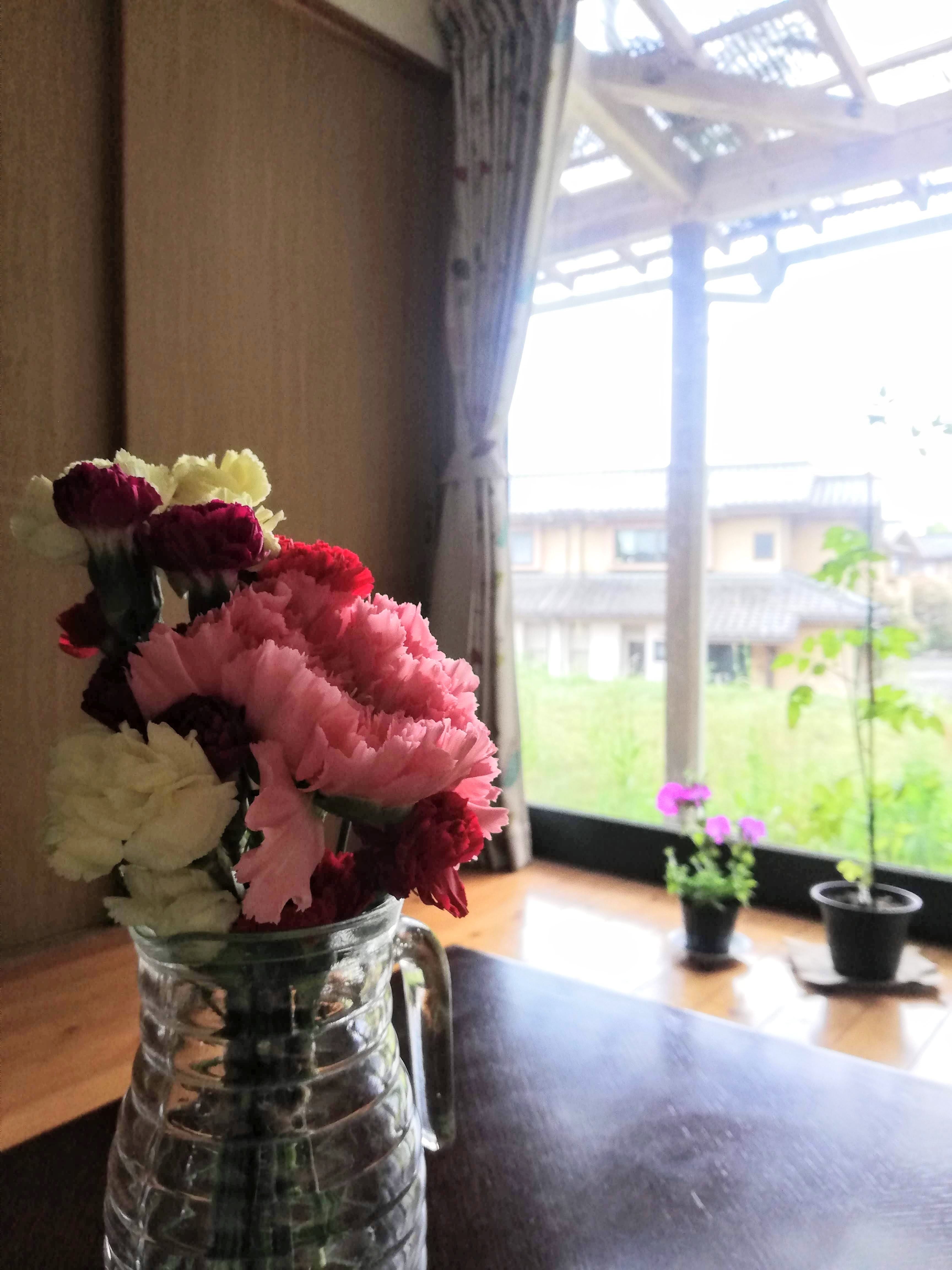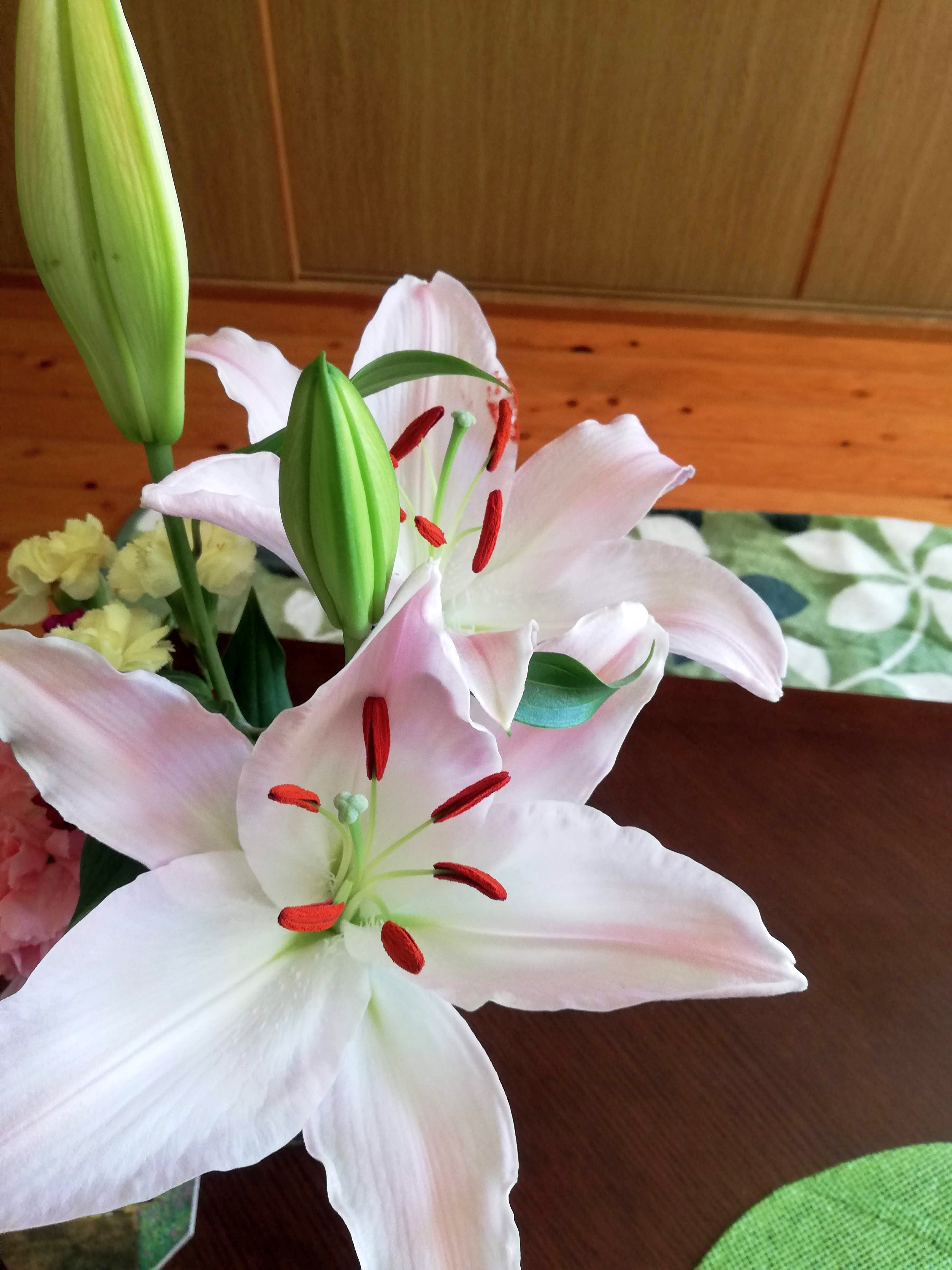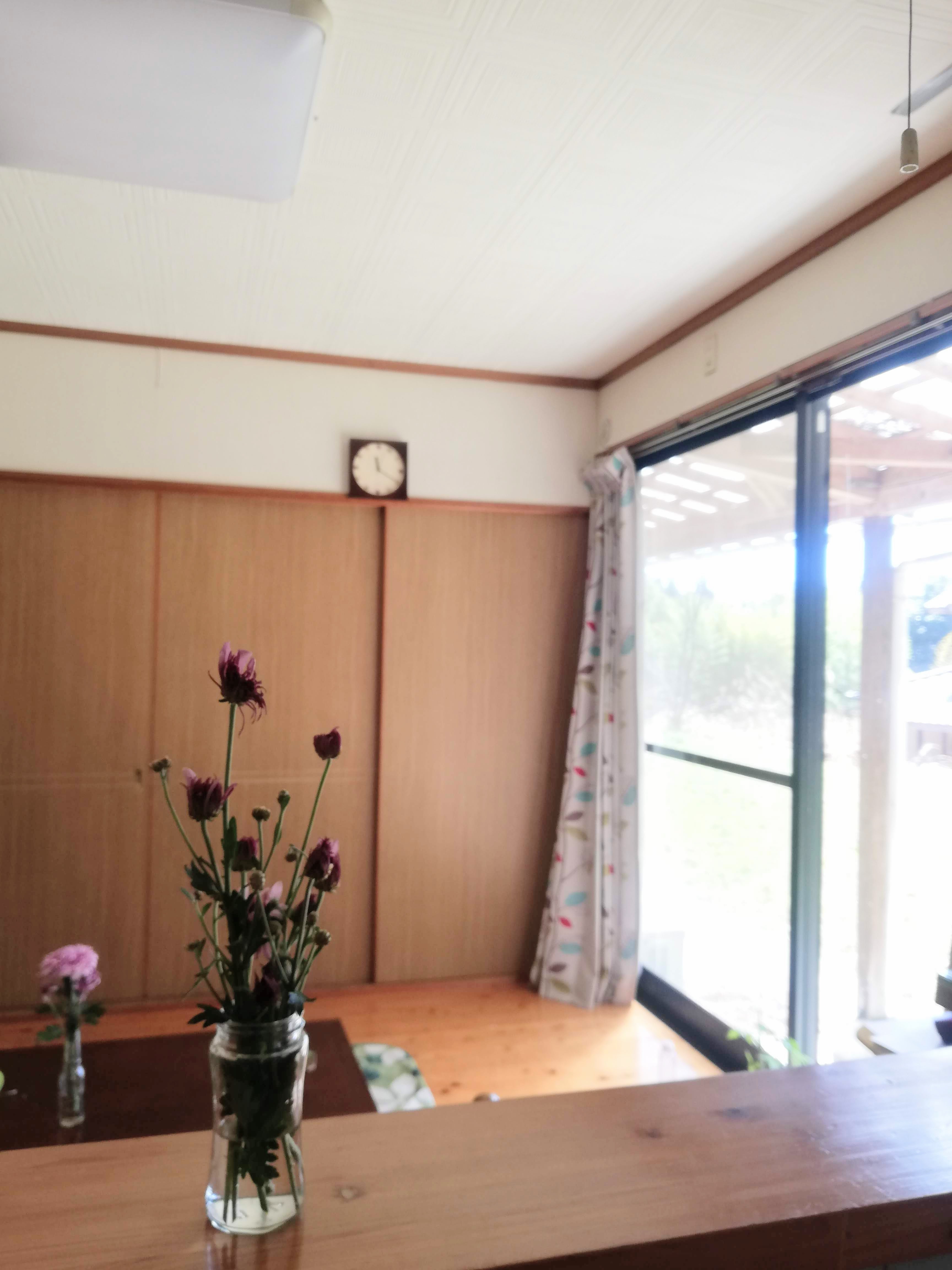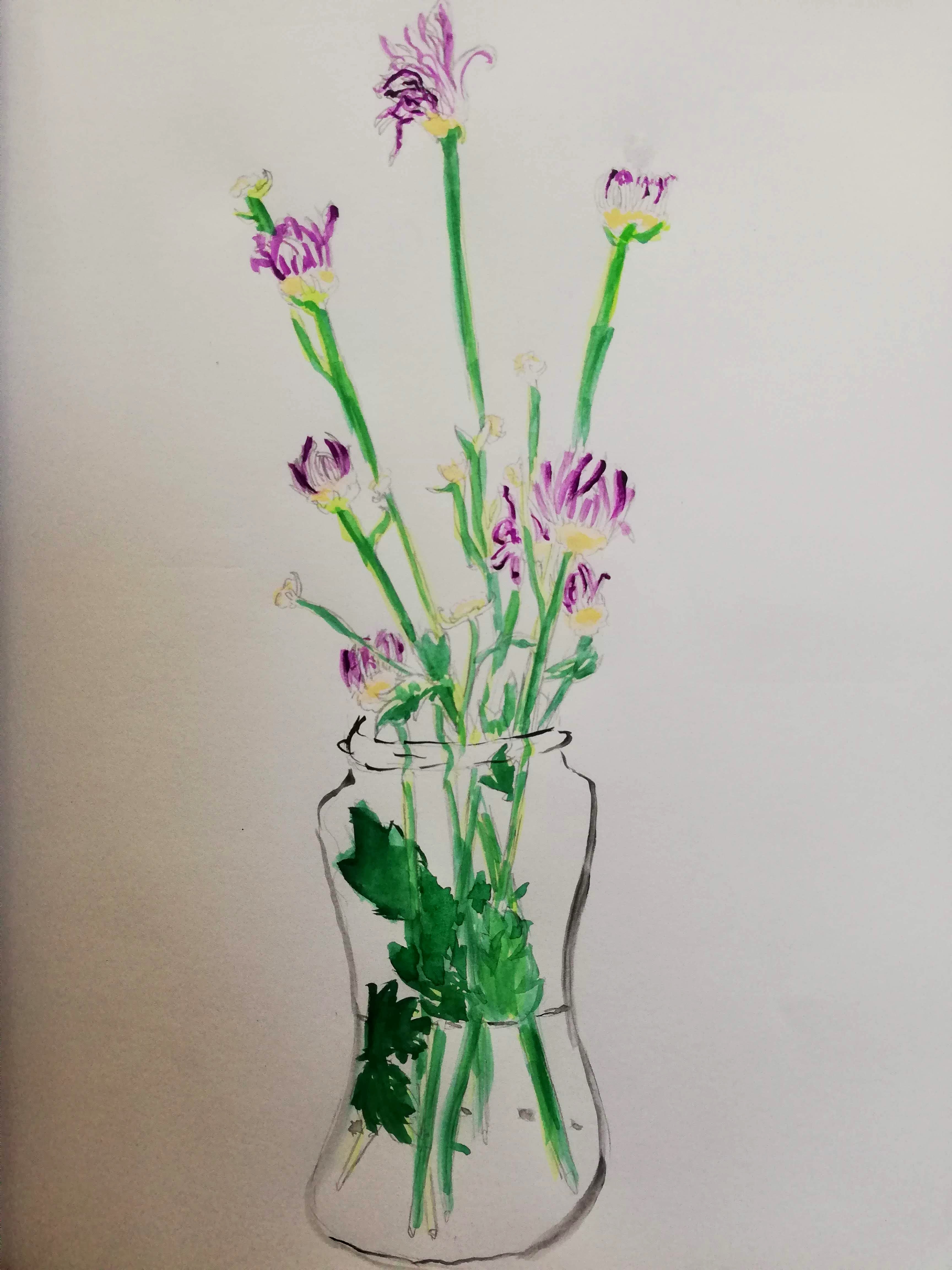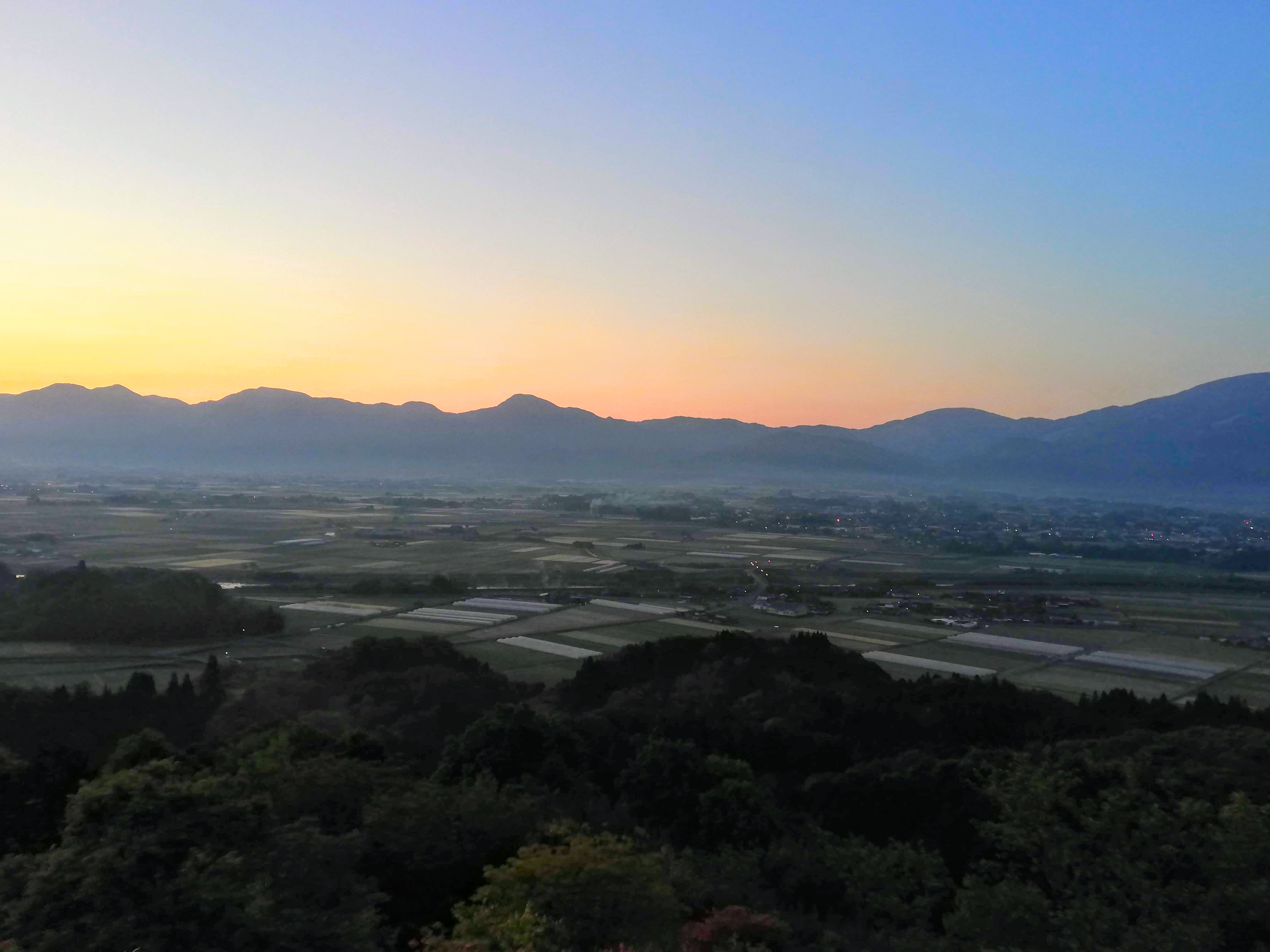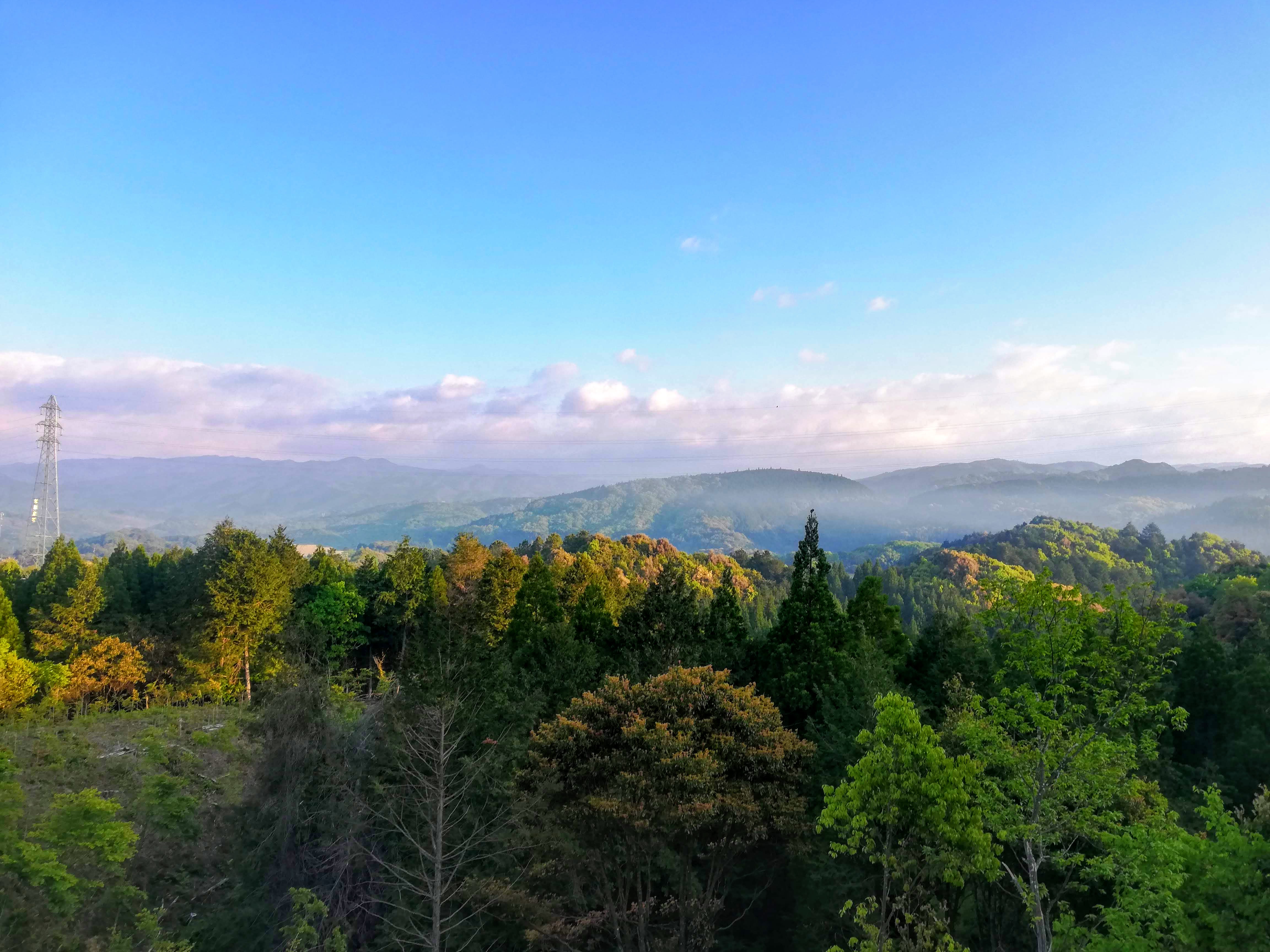While rarely someone’s first living choice for people coming over to Japan, the inaka (or countryside) often becomes our second home. We learn to love it and to really appreciate the uniqueness of the place that we’ve found ourselves in. I’ve done a lot of growing during my time in the inaka and I’m sad to be leaving in July.
Coming to the end of an era always makes us nostalgic, but it isn’t just my rose-tinted glasses. The current pandemic (a very un-rosey spectacle) also seems to have revealed some perks of living in the inaka that may have been taken for granted beforehand. I’ve listed five but I’m sure you’ll be able to think of more!
- Accommodation
While the city folk struggle to find (and then squeeze themselves into) a tiny apartment, us out in the country don’t have as much trouble.
The inaka is full of space and the abundance of housing means it’s less difficult to find accommodation. If you’re like me and live in ‘teacher’s housing’ it’s even arranged by your supervisor! And it’s not just convenient, our housing is big! Inaka JETs, in general, get bigger houses than our urban colleagues.
Benefits: More space means that we get less claustrophobic—a definite bonus when social distancing demands more time at home. Those of us in the inaka have “so much extra space in our room to do activities!”
Tip~ Homemaking: Whether you’re in Japan for a good time or a long time, for a couple more months or a few years, your space is important. Odds are, you’ll be spending a lot more time at home for a while; so declutter, clean under the microwave, paint your own decor—do whatever it takes to make your accommodation a place you enjoy living in.
Since social distancing began, I’ve been buying a lot more fresh flowers to decorate my house and it’s definitely a mood booster!
- Hobbies
Taking this spacious accommodation into consideration, and following the sentiment of the “Step Brothers” quote, you more than likely have the space (and you definitely have the time) to try something new.
Benefits: Trying a new hobby helps to fight off boredom and anxiety by distracting your mind. Instead of dwelling on negative things that are out of your control, your brain is instead actively working and creating.
If you’re like me and your neighbours are pretty far away (a bonus perk of the inaka), you can buy a musical instrument. You could make space for an ‘art studio,’ a workout room or take inspiration from your green-thumbed neighbours and start growing plants or veggies.
Tip~ Be Creative: Think back, what’s that thing you’ve been putting off trying because you didn’t have time? Whatever it is, try it! This is a great chance to invest yourself in something new. If you can’t think of anything, I want you to Google search ‘list of hobbies’ and go through the Wikipedia list circling whatever catches your eye. I’m sure you’ll find something!
- Population
One of the sadder realities of inaka life is that there simply aren’t as many people compared to towns and cities, and there are even fewer younger people. Before COVID-19 crashed onto the scene, the sparse population was probably an inaka JET’s biggest peeve. NO IKEMEN! As it turns out, being in a place where you aren’t smushed up next to people on your way to work is a major flex.
Benefits: It’s simple, fewer people means less risk. Living in the inaka means that there’s less chance of you catching and/or spreading the virus. The lower risk can also help with mental health as you’ve got one less thing to worry about, or at least something to worry about less frequently. At the moment, you’re safer in the countryside.
Tip~ Stay Cautious: Despite sounding like the UK’s new, slightly problematic, corona-slogan ‘Stay Alert’, remembering the risks is important. Noone wants to be the person to spread the virus so keep your guard up. Masks when you go shopping, hand washing, maintaining physical distance between yourself and other people . . . they all help to protect yourself and the people around you.
- Nature
You live in the countryside which means . . . nature! It spills out across the landscape until it’s just a blurred horizon of lumpy, stony peaks in the distance. Rice paddies, mountains, tea fields, rivers, forest trails—you name something muddy, rocky or watery and we’ve got it. Nature is one of the inaka’s most obvious and endearing features and, for me at least, one of it’s biggest perks. It’d almost be rude to not make use of it.
Benefits: Nature is beautiful and being out in it can really change your mindset. Rather than staying at home to social distance, we have the opportunity to go and appreciate the amazing views that are right on our doorsteps. Plus, these places make rather brilliant (and corona-safe) running routes. Fitness kick anyone?
Tip~ Mix it Up: With a lot more time on your hands, things can get repetitive and eventually start to feel monotonous. Getting out to explore the nature around you is a great way to counter that.
My advice is to mix up your routes. Some days you might stroll by the river, others you might do some sprints by the rice paddies and why not on a weekend find an amazing spot to watch the sunrise? Keep things interesting for yourself!
- Lifestyle
Partly a result of a lower population density, there’s an isolative lifestyle that is often instilled into those living in the inaka. It’s one of the biggest problems that those living in these remote areas will tackle. It was one of my biggest worries before coming to Japan.
This isn’t always the case and there are often a lot of opportunities to be social, it’s just about actively looking for them. That being said, the physical distance can often lead to feelings of isolation. So, with the coronavirus preventative measures doubling down on this separatism, how can we reinterpret this to be a positive?
Benefits~ The loneliness can be difficult at first but if you learn to identify when those feelings are surfacing, you can prepare and adapt. There are some definite gains that come with adapting to this lifestyle, like learning self-reliance and gaining a deeper understanding of ourselves.
Tip~ Everything in Moderation: Social distance doesn’t mean eternal hermitage. Stay strong, learn to love your own company but keep those channels of communication open.
I know most of you reading will be more worried about family back home than for yourselves. Right now being on the JET Programme is difficult. In times of struggle we want to pull together, which is hard to do across the miles and with social distancing.
You aren’t alone in your struggle and there’s some comfort to be had in the empathy that comes with that fact. The most we can do is take life a day at a time, spend as many hours as we can outdoors and try to stay as positive as possible.
We could never have expected this pandemic to happen, but we may have found ourselves in a place that equips us to survive it. Just think, a few months from now, we’ll be sweating in our humid inaka houses, fighting off mukade and laughing about the whole thing.
Jess Langshaw is a second-year JET from the UK living in the rural town of Asagiri, Kumamoto. Moving to a place where there are more mountains than people began as a shock but grew into an amazing learning curve. Jess is into all things positive and writes about how to make positivity a lifestyle in her blog, Yōkina Living!
